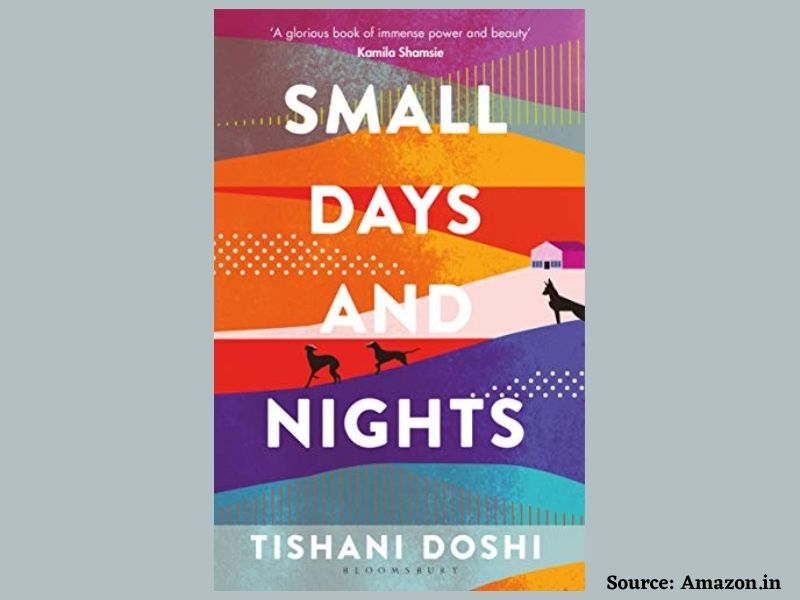Small days and nights – Tishani Doshi; W.W. Norton & Company; Rs.350; Pages 261 Small Days and Nights is a rich work of fiction with an inter-racial love story, probably a portrait of the author’s own parents, a Welsh mother and an Indian, Gujarati father. It impresses by its radical exploring of the root idea of inter-cultural love and the ‘in between space’ that Doshi explored in her first novel (The Pleasure Seekers (2010)) about the offspring of the original inter-racial adventures. This story is of the second generation. It shows that Grace, the daughter of the inter-racial lovers, has no predefined script to follow. For, unlike in the case of the Welsh Sian and the Indian Babo of The Pleasure Seekers, whose love endures, the lovers in Small Days and Nights — Indian Mira and the Italian Giacinto, but also the Indian Grace and American Blake — drift apart. The wrecked marriage of parents has consequences for their daughters, especially for the elder Grace, the protagonist of this novel, who grows up utterly alienated and lonely due to her estranged parents. In a key passage, Grace recounts why she is the way she is. “I cannot imagine the security of being born in a place and knowing it to be mine. To think of ancestors whom I resemble, who knew this land, its language, its people. There must be such confidence in this existence, this knowledge that everything you have lived has been lived before by your parents and their parents. All my life I have stood outside, like my father, like my mother, standing behind a glass, looking in.” This quote — especially the expression ‘standing behind a glass’ — serves as a metaphor for the Indian novel in English, its desire to view Indian life through an estranging, and, somewhat distorting, lens. Above all, Small Days and Nights sets out to tell a woman’s story, of woman as an outsider and a survivor. Freed of myths about the “binding vine” of the great Indian family and clan, Grace observes the diverse facets of modern consumerist India, its accelerated urbanisation with little regard for the environment, the widening class and caste divides and the criminalisation of Indian politics. More to the point, she can cut through all this hardness and craze of modern life to its essential source in men’s desire for mastery of the ‘softness’ — read mother nature — of women in their nurturing avatar, that the world needs. In what is probably a manifesto-like passage on eco-feminist writing in recent literature, Grace describes how troubles stem from the desire to use the body as a weapon, as a ladder — for “climbing, conquering, descending, dwindling” — rather than seeing it as a spreading ‘lake’. Though spoken in the context of lovemaking, the vocabulary expands to acquire a wider connotation about how to relate to other people and to nature. The novel has layers of reminiscence — these are reflections wrapped around a slender thread of…
Poetic melancholia: Small days and nights
